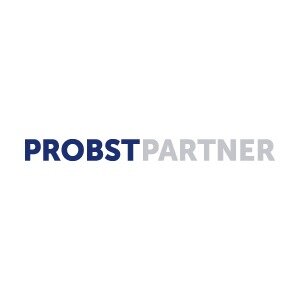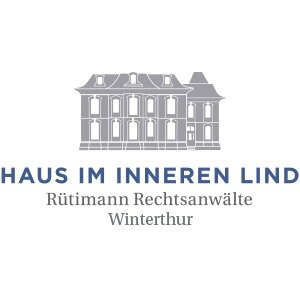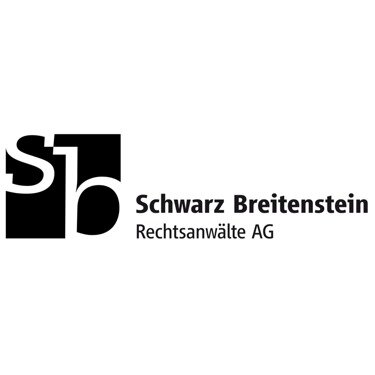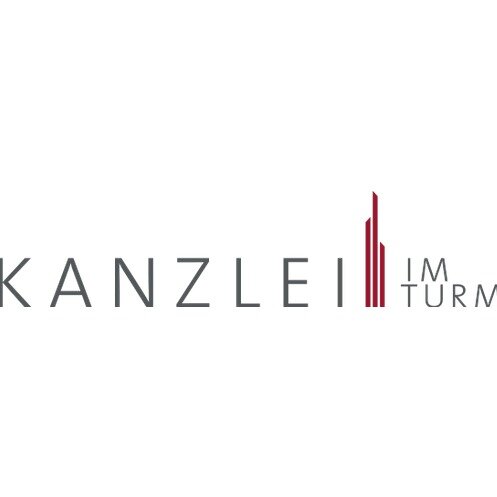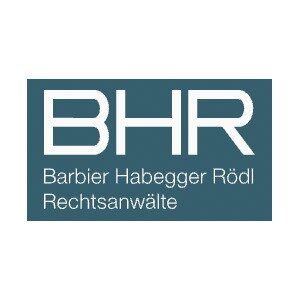Best Sanctions & Export Controls Lawyers in Winterthur
Share your needs with us, get contacted by law firms.
Free. Takes 2 min.
List of the best lawyers in Winterthur, Switzerland
About Sanctions & Export Controls Law in Winterthur, Switzerland
Sanctions and export controls are important areas of law in Switzerland, including Winterthur, that govern how goods, technology, software, and financial assets can be traded or transferred across borders. These laws are put in place to ensure compliance with international and Swiss regulations that aim to protect national interests, support foreign policy objectives, and contribute to global security. Switzerland, as a neutral and globally integrated country, actively enforces its own sanctions and export controls, often aligning with United Nations and European Union rules. Businesses and individuals in Winterthur must navigate these complex legal requirements to avoid serious penalties.
Why You May Need a Lawyer
Legal support is often crucial when dealing with sanctions and export controls issues due to the complexity of applicable laws and the severe consequences of non-compliance. Common situations where legal advice is recommended include:
- Exporting goods, software, or technology from Switzerland to countries subject to sanctions or embargoes
- Conducting business with foreign partners who may be on sanctions lists
- Transferring sensitive dual-use items that can have civilian and military applications
- Structuring international mergers, acquisitions, or partnerships
- Responding to official investigations or enforcement actions
- Applying for export licenses or classification assessments
- Reviewing contracts and supply chains for compliance risks
- Understanding the impact of new or updated sanctions regimes
A lawyer with expertise in sanctions and export controls can help you identify risks, implement compliance programs, and represent you during proceedings with Swiss authorities.
Local Laws Overview
In Winterthur, as in the rest of Switzerland, sanctions and export controls are primarily governed by federal law, executed and supervised by various authorities. Some key components include:
- Embargo Act (EmbA) - This law provides the framework for Switzerland's imposition and enforcement of sanctions, including arms embargoes, trade restrictions, financial sanctions, and travel bans.
- Goods Control Act (GCA) - The GCA regulates the export, transit, and brokering of specific goods and technologies. This includes dual-use items that have both civilian and military applications.
- SECO (State Secretariat for Economic Affairs) - SECO is the main regulatory body enforcing sanctions and export control laws. SECO issues guidelines, handles licensing, and conducts audits and investigations.
- Alignment with International Regulations - Switzerland often implements UN Security Council sanctions and may align with European Union measures, although Swiss sanctions are independent and may differ.
- Penalties - Violations can lead to heavy fines, criminal charges, reputational damage, and the loss of export privileges.
Frequently Asked Questions
What is a sanction or embargo?
A sanction or embargo is a legal restriction imposed by Switzerland or international bodies to limit or prohibit trade, financial dealings, or travel with certain countries, entities, or individuals for reasons of security, foreign policy, or human rights.
Can I export goods from Winterthur to any country?
No, certain countries are subject to sanctions or embargoes. Some goods or technologies may require an export license before they can be shipped out of Switzerland. You must check current sanctions lists and secure the proper authorizations.
Who enforces export control laws in Switzerland?
Export control laws are enforced primarily by the State Secretariat for Economic Affairs (SECO). Other authorities such as customs and criminal prosecutors may also be involved if violations occur.
What are dual-use items?
Dual-use items are goods, technology, or software that can be used for both civilian and military purposes. These are strictly regulated and often require a license for export, especially if shipped outside of Switzerland.
Are there penalties for breaking sanctions laws?
Yes, violating sanctions and export control laws can result in significant fines, criminal charges, reputational harm, and restrictions on future business activities.
How do I find out if a partner or customer is subject to sanctions?
You should regularly consult Swiss, UN, and EU sanctions lists. SECO provides updated lists and guidance. Legal professionals can assist with due diligence reviews.
Do I always need an export license in Winterthur?
Not always. Many goods do not require a license, but controlled or dual-use items, or any export to certain countries or recipients, may require one. Each case needs to be evaluated individually.
Can my company be audited for compliance?
Yes, Swiss companies can be audited by SECO or other authorities to ensure compliance with sanctions and export controls regulations. Proper documentation and internal controls are essential.
How can I stay updated on changes to the law?
Monitoring SECO publications, Swiss government announcements, and engaging with legal counsel are the best ways to keep informed about regulatory changes affecting sanctions and export controls.
What should I do if I receive a notice of violation?
Seek immediate legal advice. Respond to all official correspondence, gather relevant documentation, and cooperate with authorities while protecting your rights with the guidance of a lawyer.
Additional Resources
There are several valuable resources in Winterthur and Switzerland for individuals and businesses dealing with sanctions and export controls:
- The State Secretariat for Economic Affairs (SECO) - main authority on export controls and sanctions.
- Federal Customs Administration - handles import and export procedures.
- Swiss Export Risk Insurance (SERV) - supports Swiss exporters in managing risks.
- Local chambers of commerce - offer compliance seminars and guidance.
- Swiss Bar Association - can help you find qualified legal professionals.
Next Steps
If you require legal assistance with sanctions or export controls in Winterthur, consider the following actions:
- Assess your situation and identify specific legal concerns or business activities that may be affected by sanctions or export controls.
- Contact a lawyer or law firm experienced in international trade law, sanctions, and export controls. Ensure they have expertise relevant to your industry and activities.
- Gather all documentation related to your transactions, correspondence with authorities, and compliance programs.
- Stay updated on regulatory developments and participate in compliance training if offered by local business groups.
- When in doubt, seek legal advice proactively to prevent violations, rather than waiting for issues to arise.
Taking these steps can help you mitigate risks, ensure ongoing compliance, and protect your business or personal interests under Swiss law.
Lawzana helps you find the best lawyers and law firms in Winterthur through a curated and pre-screened list of qualified legal professionals. Our platform offers rankings and detailed profiles of attorneys and law firms, allowing you to compare based on practice areas, including Sanctions & Export Controls, experience, and client feedback.
Each profile includes a description of the firm's areas of practice, client reviews, team members and partners, year of establishment, spoken languages, office locations, contact information, social media presence, and any published articles or resources. Most firms on our platform speak English and are experienced in both local and international legal matters.
Get a quote from top-rated law firms in Winterthur, Switzerland — quickly, securely, and without unnecessary hassle.
Disclaimer:
The information provided on this page is for general informational purposes only and does not constitute legal advice. While we strive to ensure the accuracy and relevance of the content, legal information may change over time, and interpretations of the law can vary. You should always consult with a qualified legal professional for advice specific to your situation.
We disclaim all liability for actions taken or not taken based on the content of this page. If you believe any information is incorrect or outdated, please contact us, and we will review and update it where appropriate.



